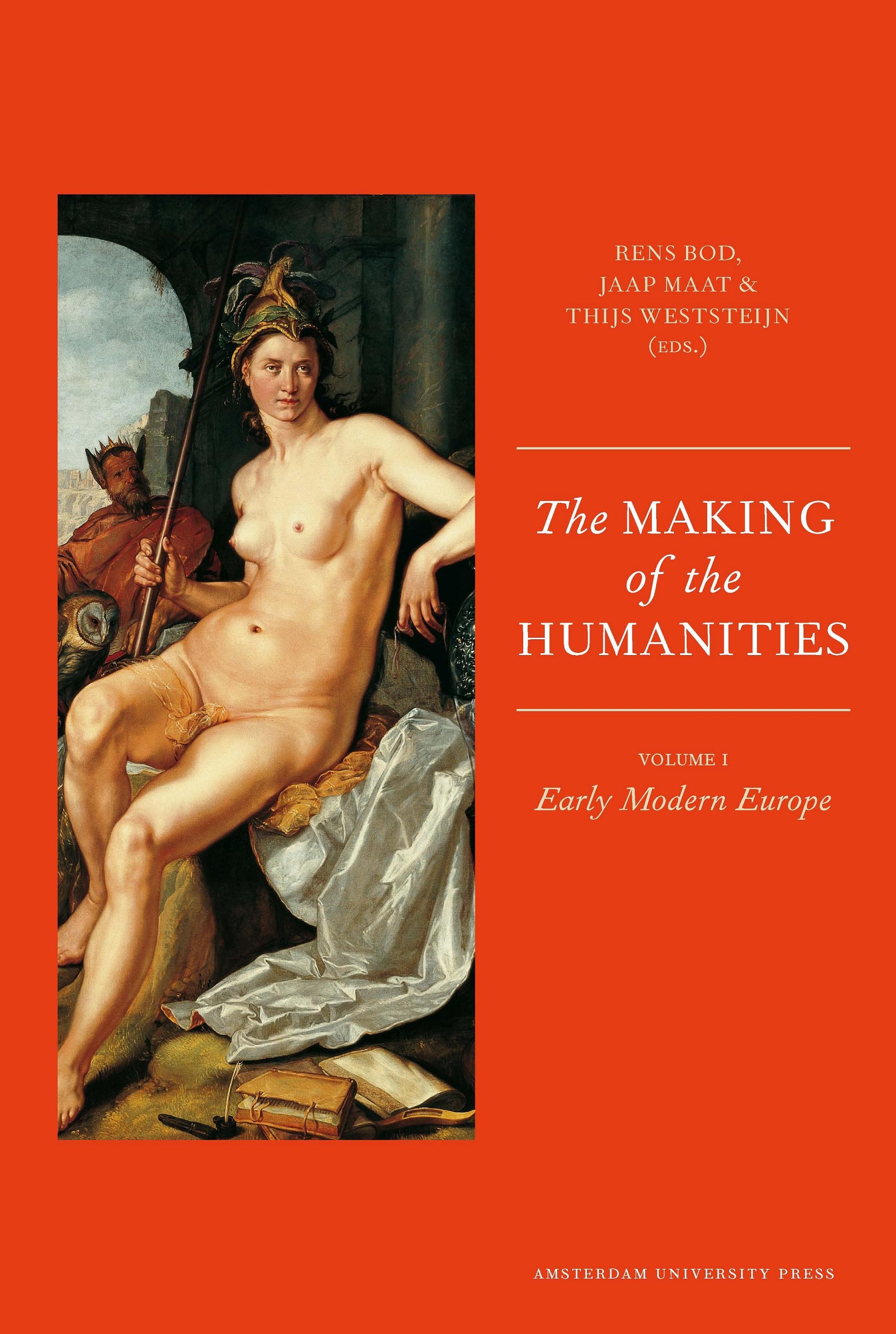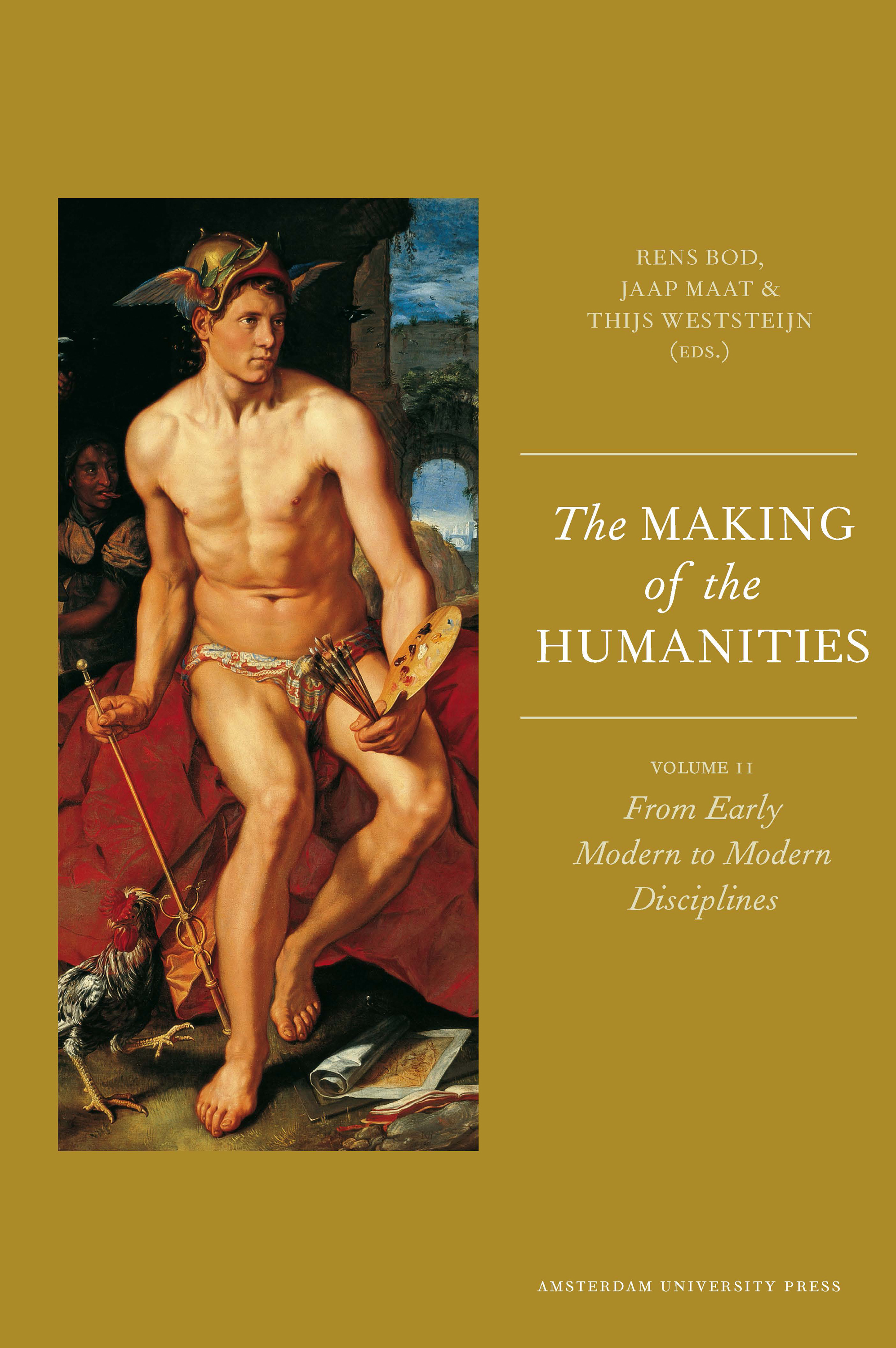Alan Sokal, Jean Bricmont: Intellectual Impostures: Postmodern Philosophers’ Abuse of Science (1997–) [FR, EN, ES, IT, RU, TR, PL]
Filed under book | Tags: · critique, cultural theory, humanities, philosophy, postmodernism, science, theory

When Intellectual Impostures was published in France, it sent shock waves through the Left Bank establishment. When it was published in Britain, it provoked vicious debate. Sokal and Bricmont examine the canon of French postmodernists – Lacan, Kristeva, Baudrillard, Irigaray, Latour, Virilio, Deleuze and Guattari – and systematically expose their abuse of science.
French edition
Publisher Odile Jacob, Paris, 1997
413 pages
English edition
Publisher Profile Books, 1998
ISBN 1861970749, 9781861970749
274 pages
Wikipedia (EN)
Impostures intellectuelles (French, 2nd Edition, 1997, DJVU)
Intellectual Impostures (English, 1998/99, EPUB), MOBI.
Fashionable Nonsense (English, 1998)
Imposturas intelectuales (Spanish, trans. Joan Caries Guix Vilaplana, 1999)
Imposture intellettuali (Italian, trans. Fabio Acerbi and Monica Ugaglia, 1999, added on 2014-10-24)
Интеллектуальные уловки. Критика современной философии постмодерна (Russian, 2002), HTML
Son moda saçmalıklar: Postmodern aydınların bilimi kötüye kullanmaları (Turkish, trans. Mehmet Baydur and Ongun Onaran, 2002)
Modne bzdury: O nadużywaniu pojęć z zakresu nauk ścisłych przez postmodernistycznych intelektualistów (Polish, trans. Piotr Amsterdamski, 2004)
See also:
Mara Beller, “The Sokal Hoax: At Whom Are We Laughing?” (published in Physics Today, September 1998, pp 29-34)
Rens Bod, Jaap Maat, Thijs Weststeijn (eds.): The Making of the Humanities, Vols. 1–2 (2010–12)
Filed under book | Tags: · art, art history, historiography, history, history of philosophy, history of science, humanities, language, linguistics, literary theory, logic, musicology, philology, philosophy


“The Making of the Humanities is the first step towards the development of a comparative history of the humanities. Specialists in philology, musicology, art history, linguistics, literary theory, and other disciplines highlight the intertwining of the various fields and their impact on the sciences.
The first volume in the series focuses on the early modern period. Different perspectives reveal how the humanities developed from the ‘liberal arts’, via the curriculum of humanistic schools, to modern disciplines. The authors show in particular how discoveries in the humanities contributed to a secular world view, pointing up connections with the scientific revolution. The main themes are: the humanities versus the sciences; the visual arts as liberal arts; humanism and heresy; language and poetics; linguists and logicians; philology and philosophy; the history of history. Contributions come from a selection of internationally renowned European and American scholars, including Floris Cohen, David Cram, and Ingrid Rowland. The book offers a wealth of insights for specialists, students, and those interested in the humanities in a broad sense.
The second volume investigates the changes in subject, method and institutional context of the humanistic disciplines around 1800, offering a wealth of insights for specialists and students alike. Point of departure is the pivotal question whether there was a paradigm shift in the humanities around 1800 or whether these changes were part of a much longer process. The authors provide an overarching perspective including philology, musicology, art history, linguistics, historiography, philosophy and literary theory. They also make clear that the influence from the East, from the Ottoman Empire to China, was crucial for the development of the European humanistic disciplines.”
Publisher Amsterdam University Press, Amsterdam
Open Access
ISBN 9789089642691 & 9789089644558
400 & 432 pages
Reviews: Sandrine Maufroy (H-Net, 2011, of Vol 1), Anja-Silva Goeing (Renaissance Quarterly, 2012, of Vol 1), Charles G. Nauert (Intellectual History Review, 2012, of Vol 1)
Conference: 2008, 2010.
Publisher: Vol. I, Vol. II.
OAPEN: Vol. I, Vol. II.
Volume I – Early Modern Europe (updated on 2022-12-20)
Volume II – From Early Modern to Modern Disciplines (updated on 2022-12-20)
Volume III
Matthew K. Gold (ed.): Debates in the Digital Humanities (2012)
Filed under book | Tags: · digital humanities, humanities, theory

“Encompassing new technologies, research methods, and opportunities for collaborative scholarship and open-source peer review, as well as innovative ways of sharing knowledge and teaching, the digital humanities promises to transform the liberal arts—and perhaps the university itself. Indeed, at a time when many academic institutions are facing austerity budgets, digital humanities programs have been able to hire new faculty, establish new centers and initiatives, and attract multimillion-dollar grants.
Clearly the digital humanities has reached a significant moment in its brief history. But what sort of moment is it? Debates in the Digital Humanities brings together leading figures in the field to explore its theories, methods, and practices and to clarify its multiple possibilities and tensions. From defining what a digital humanist is and determining whether the field has (or needs) theoretical grounding, to discussions of coding as scholarship and trends in data-driven research, this cutting-edge volume delineates the current state of the digital humanities and envisions potential futures and challenges. At the same time, several essays aim pointed critiques at the field for its lack of attention to race, gender, class, and sexuality; the inadequate level of diversity among its practitioners; its absence of political commitment; and its preference for research over teaching.”
Contributors: Bryan Alexander, Rafael Alvarado, Jamie “Skye” Bianco, Ian Bogost, Stephen Brier, Daniel J. Cohen, Cathy N. Davidson, Rebecca Frost Davis, Johanna Drucker, Amy E. Earhart, Charlie Edwards, Kathleen Fitzpatrick, Julia Flanders, Neil Fraistat, Paul Fyfe, Michael Gavin, David Greetham, Jim Groom, Gary Hall, Mills Kelly, Matthew Kirschenbaum, Alan Liu, Elizabeth Losh, Lev Manovich, Willard McCarty, Tara McPherson, Bethany Nowviskie, Trevor Owens, William Pannapacker, Dave Parry, Stephen Ramsay, Alexander Reid, Geoffrey Rockwell, Mark L. Sample, Tom Scheinfeldt, Kathleen Marie Smith, Lisa Spiro, Patrik Svensson, Luke Waltzer, Matthew Wilkens, George H. Williams, Michael Witmore.
Publisher University of Minnesota Press, 2012
Open Access
ISBN 0816677956, 9780816677955
516 pages
Reviews: Dene Grigar (Leonardo Reviews), Jennifer Howard (Times Literary Supplement), Craig Bellamy (Digital Culture & Education).
HTML (updated on 2019-7-25)
Comment (0)
